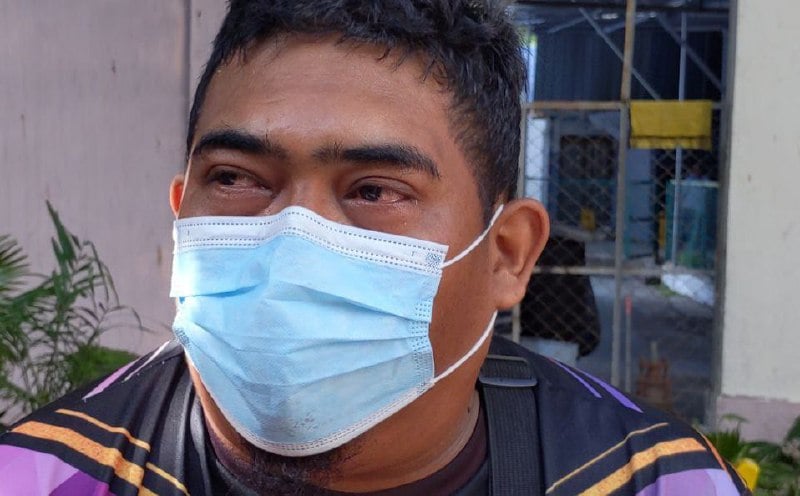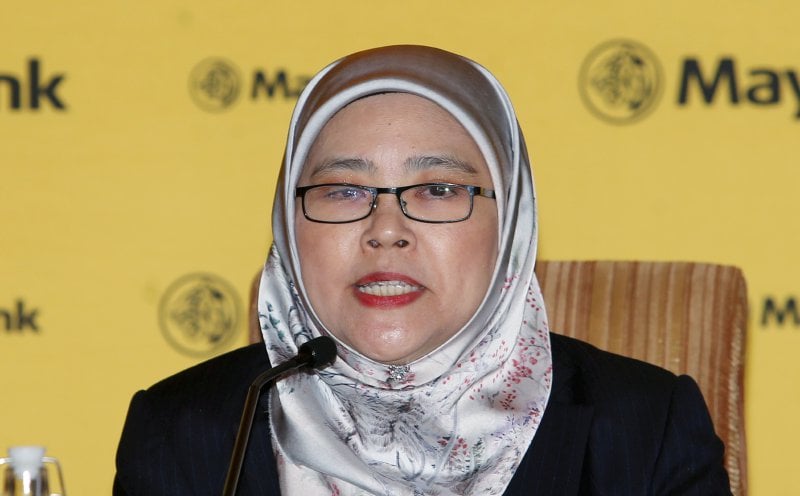KUALA LUMPUR: As Malaysia continues to fight the Covid-19 pandemic, the country is also seeing a worrying spike in domestic violence, which has since been referred to as a 'pandemic within a pandemic'.
While healthcare resources are being stretched thin to attend to Covid-19 cases in hospitals and emergency rooms, domestic violence victims have turned to primary healthcare clinics such as Klinik Kesihatan, for help.
The Women's Aid Organisation (WAO) has recognised the need for the country's healthcare system to look into and better assess ways to address longer-term public health crises, such as domestic violence.
"Domestic violence is prevalent among patients at primary healthcare clinics, which was proven in a 2019 study which revealed that 22 per cent of women visiting clinics in Kuala Lumpur experienced domestic violence.
"The numbers have proved that primary healthcare clinics are the best to reach domestic violence victims, as they are often the survivors' first point of contact with the health system, before they lodge a report.
"However, currently, with no systematic response mechanisms to recognise these survivors, healthcare providers often miss the opportunity to offer them support.
"In view of this, we are presenting recommendations in our latest brief, titled 'Strengthening the Primary Healthcare Response to Domestic Violence' which has been drawn based on World Health Organisation (WHO) guidelines.
"These are to help the primary healthcare sector strengthen their response, to better support the survivors and also help alleviate the burden on hospital and emergency rooms", read the statement.
The organisation outlined ways for healthcare providers to be trained in identifying and responding to health conditions associated with domestic violence, and start the conversation with victims.
"It is crucial for them to know the signs, whether their patients have been exposed to domestic violence to effectively manage the case, as it could underlie or complicate various health conditions particularly related to mental and sexual reproductive health.
"Concerns about offending patients and not knowing how to ask the necessary questions are among the top barriers in starting the conversation with victims, as often cited by primary care clinicians in a Malaysian study.
"Hence, these healthcare providers can incorporate training curriculums on violence against women drawn by WHO, to better identify the conditions and proactively ask the victims about it, as research has shown that survivors are more willing to speak about it if the conversation is initiated," read the statement.
The organisation is also suggesting that primary healthcare clinics display information on domestic violence in their waiting rooms and washrooms.
"This would enable survivors to obtain information in a discreet manner, which could help ensure their safety, especially if they are accompanied by their abuser to the clinic.
"Displaying information on domestic violence will send signals that health clinics are sensitive to domestic violence, which may encourage survivors to seek help during their sessions.
"We also believe the government should establish a referral system for domestic violence at the primary healthcare level.
"This referral system could be integrated into the existing guidelines for handling domestic violence cases, which outline various government agencies to respond to domestic violence.
"By strengthening the primary healthcare response to domestic violence, more survivors will get the support they need and fewer will find themselves in a crisis where they are forced to seek emergency care," read the statement.
The WAO's full policy brief can be downloaded at their website, https://wao.org.my/.

















